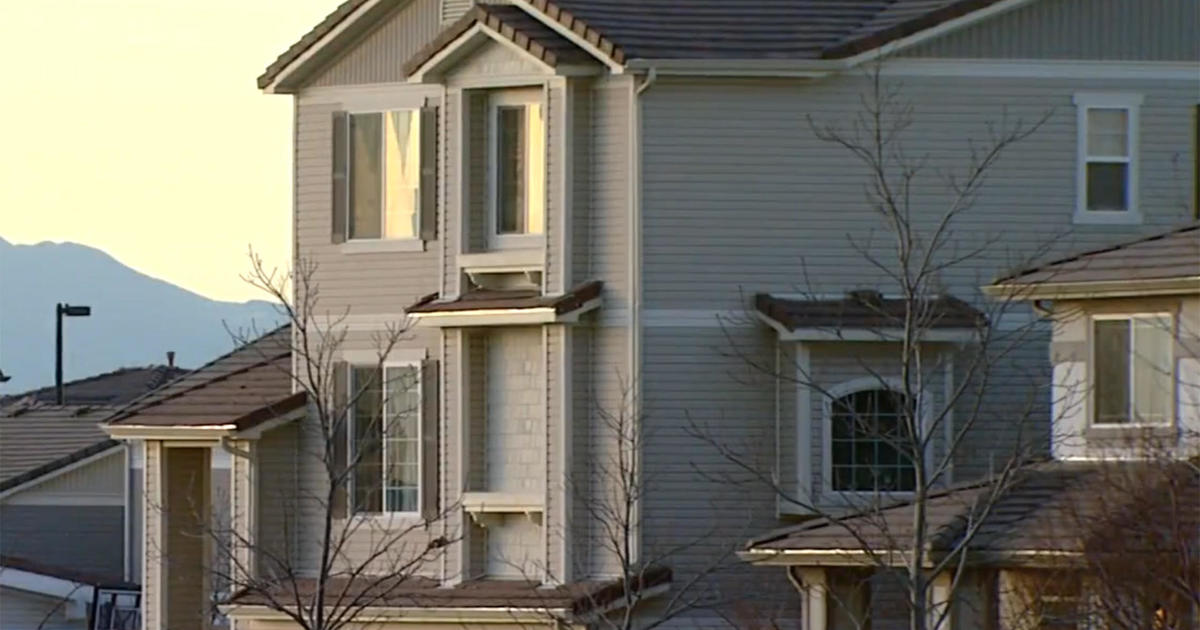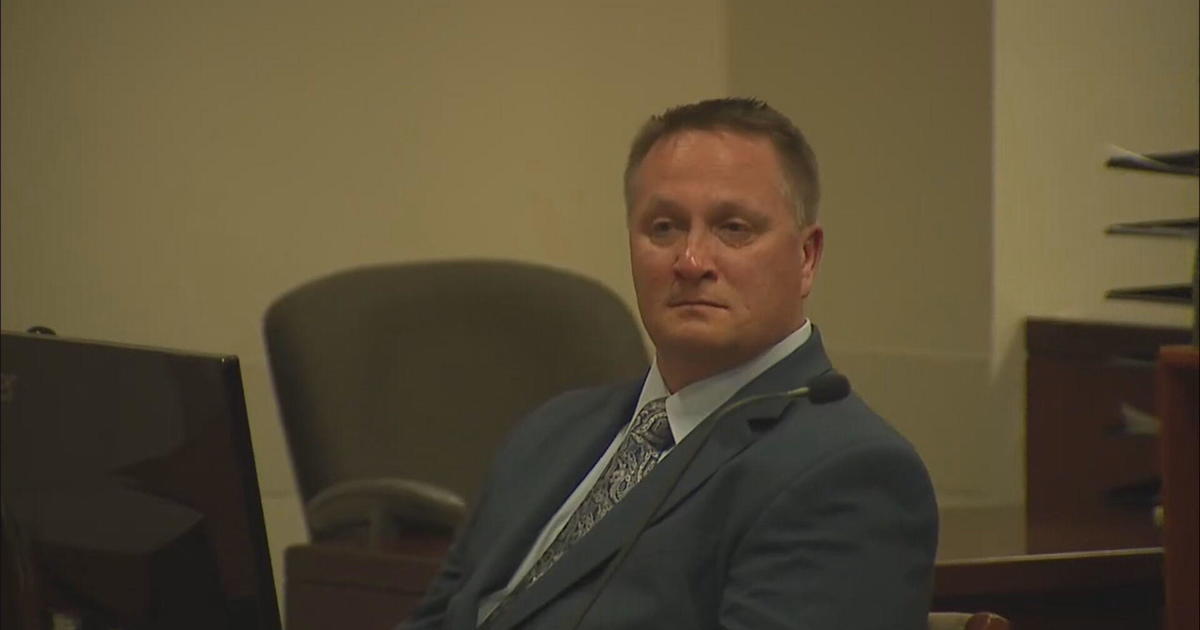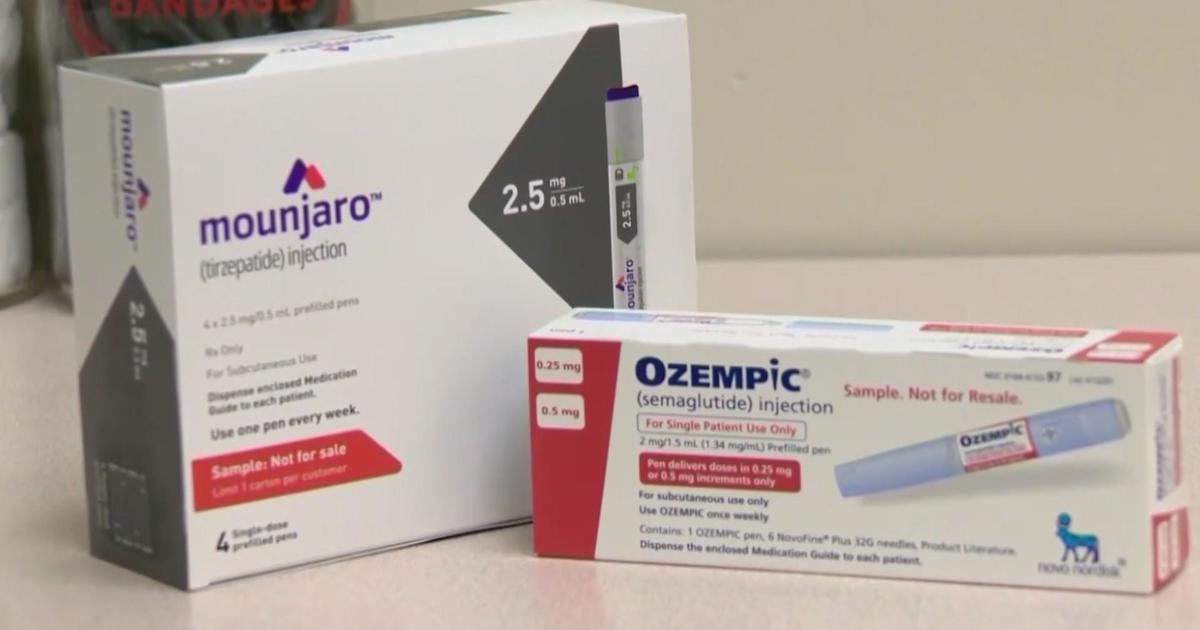Colorado Electronic Open Records Bill Gets Another Hearing
DENVER (AP) — A bill to bring Colorado's Open Records Act into the 21st century gets a Senate committee hearing Wednesday after months of efforts, led by the secretary of state's office, to show how public documents can be released by government agencies in computerized formats without jeopardizing individuals' privacy.
Democratic Sen. John Kefalas' bill is designed to make it easier for citizens to obtain, and analyze, state and municipal computerized records, rather than forcing requesters to pore over paper or PDF documents.
That makes it easier for citizens to search, for example, Excel spreadsheets containing salaries, budget items, crime statistics or other data. Some Colorado jurisdictions and agencies already provide electronic data under the open records law.
But they're not required to, and all too often records requesters must settle for paper records that are difficult to sort through and, under state law, cost 25 cents per page to copy, plus possible labor costs. That adds up quickly.
Unlike a bill that failed last year, the new legislation carries certain exceptions:
—When a government agency or office doesn't have the technology — or the know-how — to process a digital data request;
—When a records keeper would have to buy software or other tools to process a request;
—When agencies cannot delete private information such as Social Security numbers.
A similar bill by Kefalas, a Fort Collins Democrat, died last year in the GOP-led Senate State, Veterans and Military Affairs Committee over concerns about costs to government agencies, their ability to permanently redact sensitive or private information from requested records, and hacking during electronic delivery.
Republican Secretary of State Wayne Williams' office, which has invested heavily in making databases easily accessible to the public, led a working group of journalists, government representatives, lawmakers and others over the past year to help draft the bill.
Williams "believes the time has come to modernize the way we transmit records so it's useful to the requesters," said Deputy Secretary of State Suzanne Staiert, who led the discussions. "If we can transit that document to the public, there really is no reason in this day and age to print copies at 25 cents a page."
More than 15 states and the federal government have made it easier for the public to obtain computerized data.
The bill, co-sponsored by Democratic Rep. Dan Pabon of Denver, was inspired by a 2015 investigation by The Coloradoan newspaper into pay equity among employees at Colorado State University.
CSU refused to provide a computerized database of salaries but told the newspaper it could inspect documents containing nearly 5,000 employee salaries. Reporters spent weeks poring over thousands of paper documents to create their own database so they could chronicle university salary disparities.
The bill, Kefalas said, is designed "to hold govt accountable and ensure government is transparent, and we certainly can encourage government to be as efficient as possible."
"If it's a matter of redacting (sensitive information), it's probably easier if we have a spreadsheet than if we use a black marker."
The Colorado Press Association, Colorado Broadcasters Association and the Colorado Freedom of Information Council backed the bill.
- By JAMES ANDERSON, AP Writer
(© Copyright 2017 The Associated Press. All Rights Reserved. This material may not be published, broadcast, rewritten or redistributed.)



